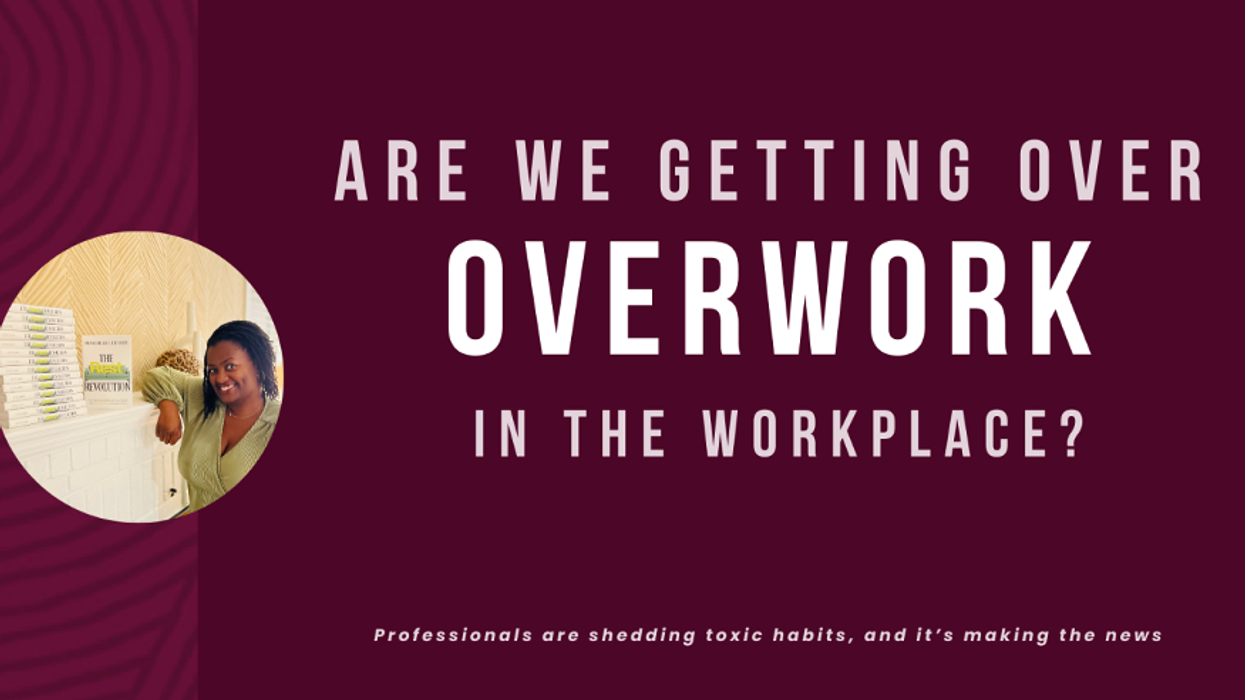Many times, when people are diagnosed with cancer there are more questions than answers.
They ponder things such as: What did I do wrong? How did this happen to me? Where did this come from? For Marsha Smith Hill, breast cancer wasn’t a question, it was an answer. Initially, Hill was struggling as cancer was becoming an uninvited guest in her life.
“As I was going through my treatments for breast cancer, I was crying and listening to music. All I could think was that I didn’t choose this to be a part of my life. Then, in the midst of my tears, the Lord dropped in on my spirit to say: you didn’t choose cancer, cancer chose you. These words allowed my tears to stop. I knew from that point on, cancer wasn’t the problem – it was the answer. My next steps were to find out how I was going to use cancer to give God the glory,” said Hill.
Hill had missed her yearly woman’s exam due to an overactive thyroid issue. When she resumed her physical in 2010, she was given a pink notice by the doctor’s office to go in for a mammogram.
“After the mammogram, they asked me to come back for an ultrasound. Then they had me come back for a biopsy. They were still unsure of the results. They asked me to come back again the following week to do another biopsy. That is when they called me back in the office and wanted to discuss the results with me,” said Hill.
The results from her series of tests and procedures rendered something that would shake the foundation of her world. She had been diagnosed with stage two, triple-negative breast cancer.
“When I first heard the word ‘cancer,’ I was dumbfounded. I could not believe that I had breast cancer. In my unbelief, I asked the nurse are you really, really, really sure,” said Hill.
Even though the diagnosis caught her off guard, it also threw her into action. She realized even though cancer was bigger than she was, it wasn’t bigger than God.
“Once I started my journey with breast cancer, I threw my hands up in the air. I said to myself, Lord, whatever it is, I surrender it all to you. A few weeks before my diagnosis, I had just heard an amazing message at the Potter’s House in Dallas, by Bishop T. D. Jakes. After the message, I told my family as I was leaving Dallas, the next time they saw me, my life would not be the
same. Those are not words that I would normally say to my family. Little did I know that breast cancer was about to change and reshape my world,” recalled Hill.
At first, Hill felt unprepared for the news. She tried to reach out to her brother, NFL’s all-time leading rusher and Hall of Famer, Emmitt Smith. Then she tried to reach her sister-in-love, Pat. Both calls went straight to voicemail.
“When I couldn’t reach anybody else, I had to get quiet and talk to God. Deep in my spirit, I heard the Lord say, ‘I am here.’ Then I put the phone down. At that moment, I realized the reason nobody else was available was because I needed to have a one-on-one conversation with God,” said Hill.
Because Hill had an aggressive form of cancer, she sought several options for her treatments. She consulted with different doctors and her sister-in-love, Pat, who had lost her mother to breast cancer. After reviewing everything, Hill reached a decision to have a double mastectomy followed by 16 rounds of chemotherapy.
According to the Centers for Disease Control (CDC), triple-negative breast cancer is a kind of breast cancer that does not have any of the receptors that are commonly found in breast cancer. “I chose to have my surgery on my 48th birthday, October 25, 2011. My mom fixed my favorite meal the night before the procedure, and we all had a great time. Then, the next morning, my family drove to Tallahassee Memorial Hospital in a convoy. I don’t know how many cars were following us, but it must have looked like a parade as we all pulled up to the hospital at 5:00 a.m. The head nurse even came out to greet us,” said Hill.
From that point on, her family, friends, and church members pitched in for food, financial support, and fellowship as she continued her journey.
“Everyone was there through the entire process. I think my aha moment came after I finished chemotherapy and started back to work. Up until that point, everything had been going so fast. All I could think about was where do I go from here. For so many months, I had been going through this process. I had developed a medical routine of doctor visits, treatments, and
appointments. I started friendships with people while I was going through treatment. Then it all stopped, and all I could think was – what’s next,” said Hill.
It was after everything was almost over that Hill hit rock bottom. Her search for what was next would lead her to mental wellness therapy and a more in-depth search into the Word of God.
“I wanted to have a more intimate relationship with the Lord. It was during my quiet time, that I began to get answers to my heart-rendering questions. The Lord told me this journey was not about me it was about me helping others,” said Hill.
Her next steps would make her reshape and rethink her life as she began to address lifelong challenges, issues such as self-esteem, self-worth, and her own personal mission.
“I think one of the best things that happened to me during this process was that cancer caused me to take off my mask. Trying to be strong was my defense mechanism to show people that nothing really bothered me, but I had to admit this bothered me. It made me take a deeper dive into the Word of God to understand what His Word says about me. For the first time, I had to examine who I really was and what I was called to do,” said Hill.
After a lot of soul-searching, Hill began seeking strength in her newfound role as a cancer survivor. She was already a mother, sister, and wife. Now her new role would allow her to reach and support others on the same cancer journey.
“I have learned so many valuable lessons through this process. My main word of encouragement to women going through breast cancer is that cancer is not a death sentence – it is a live calling.
Over the last few decades, there have been a lot of breakthroughs with technology and medicine. Personally, I know that breast cancer can be beaten, and I am a prime example of that fact,” said Hill.
(Courtesy of the Breast Cancer Wellness Magazine)





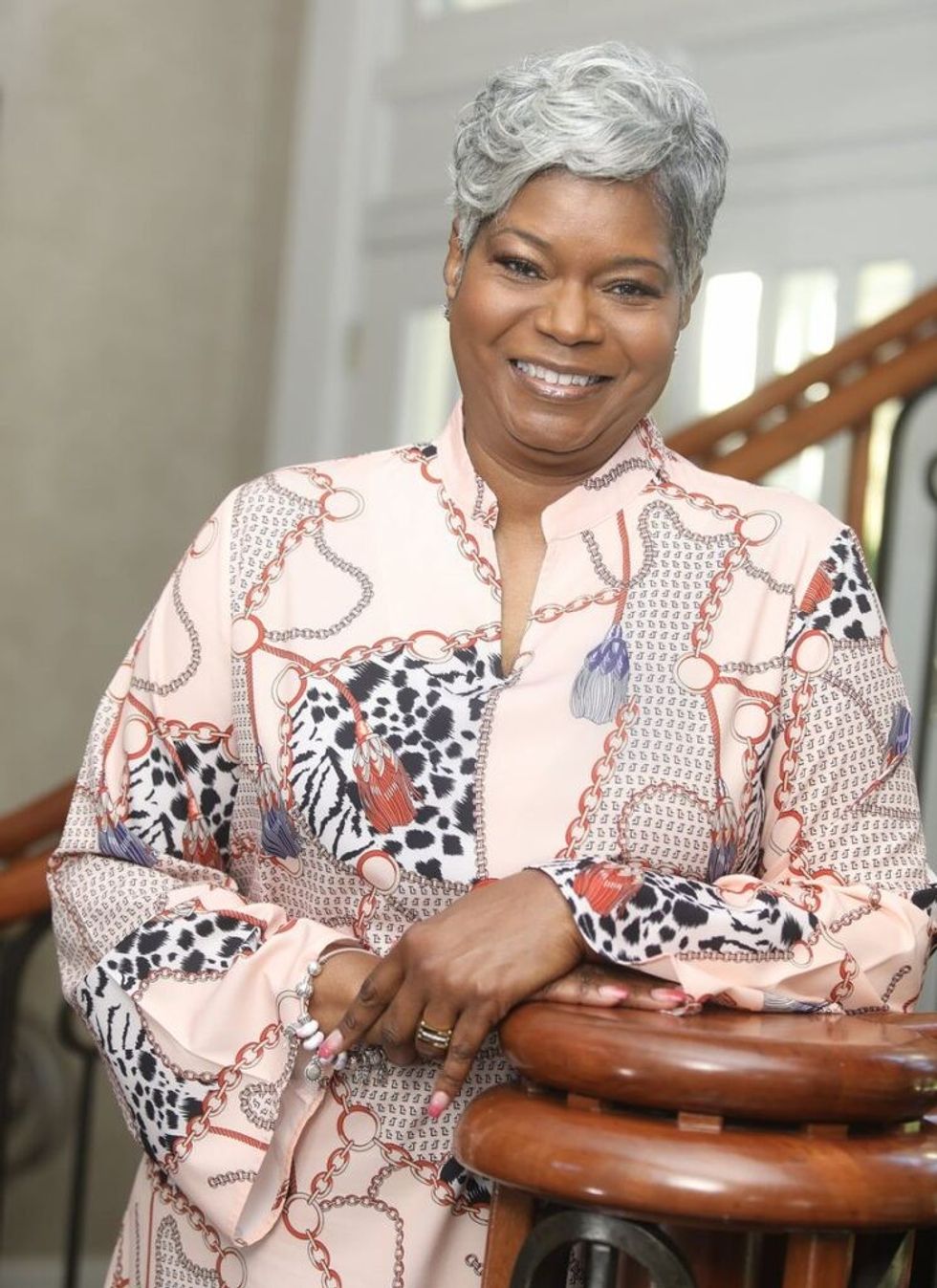

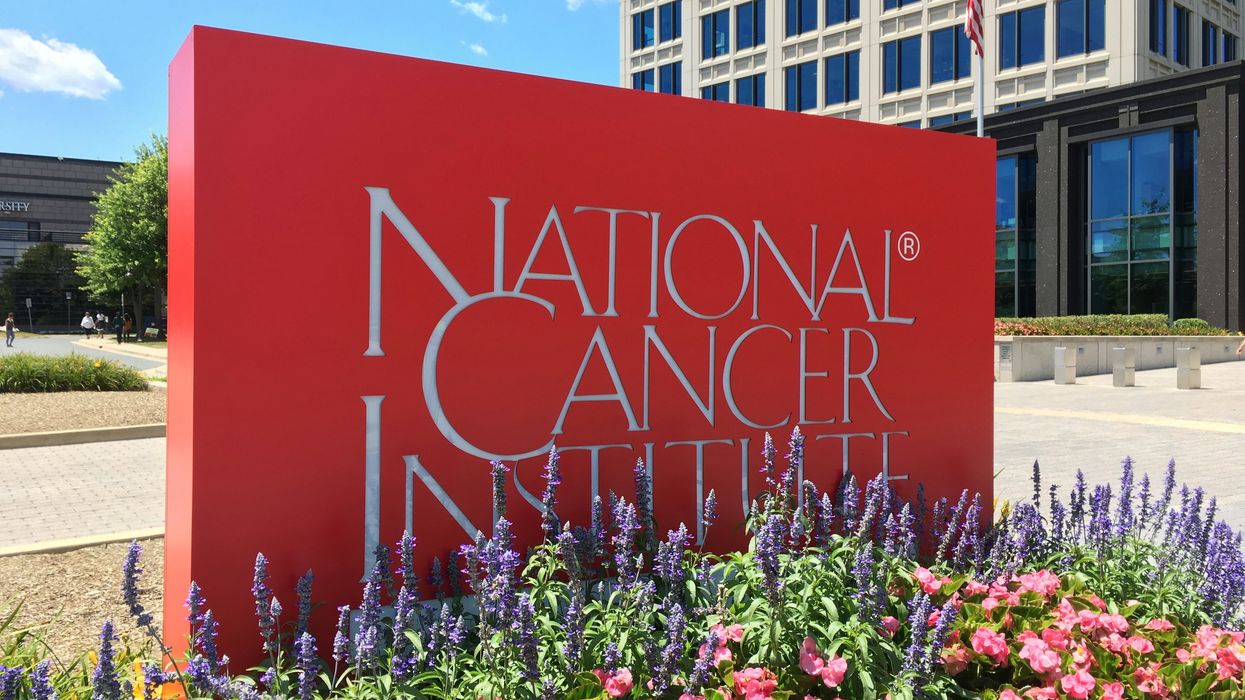
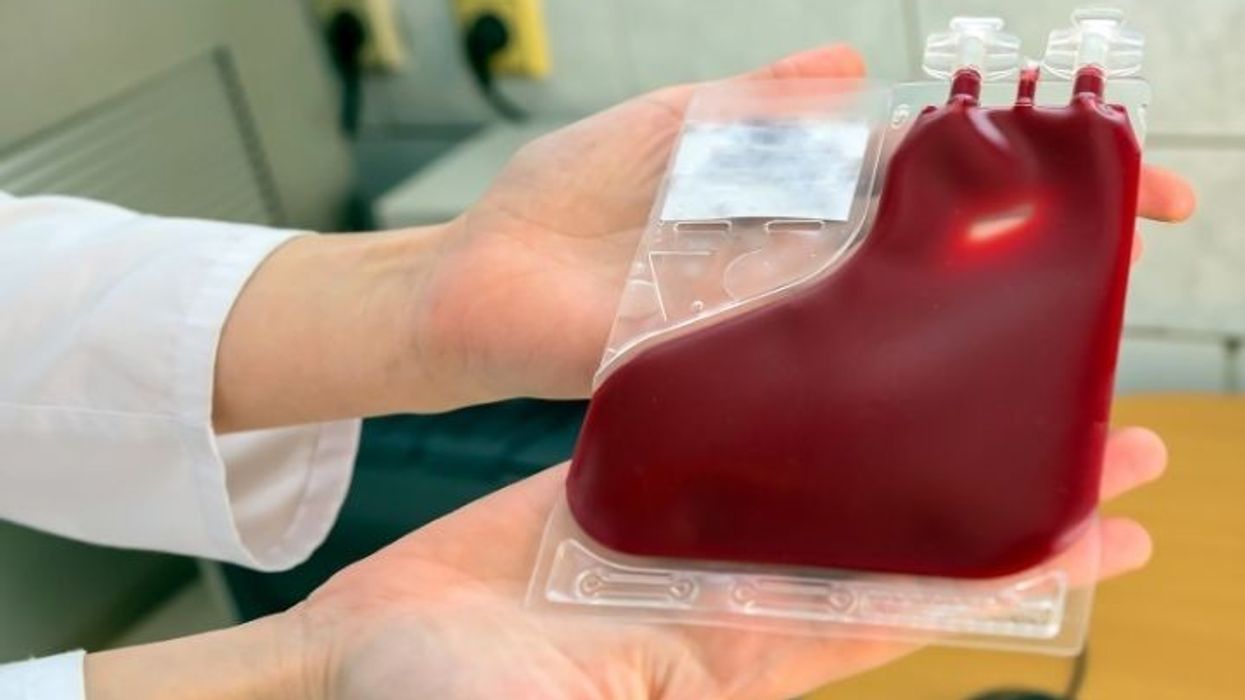

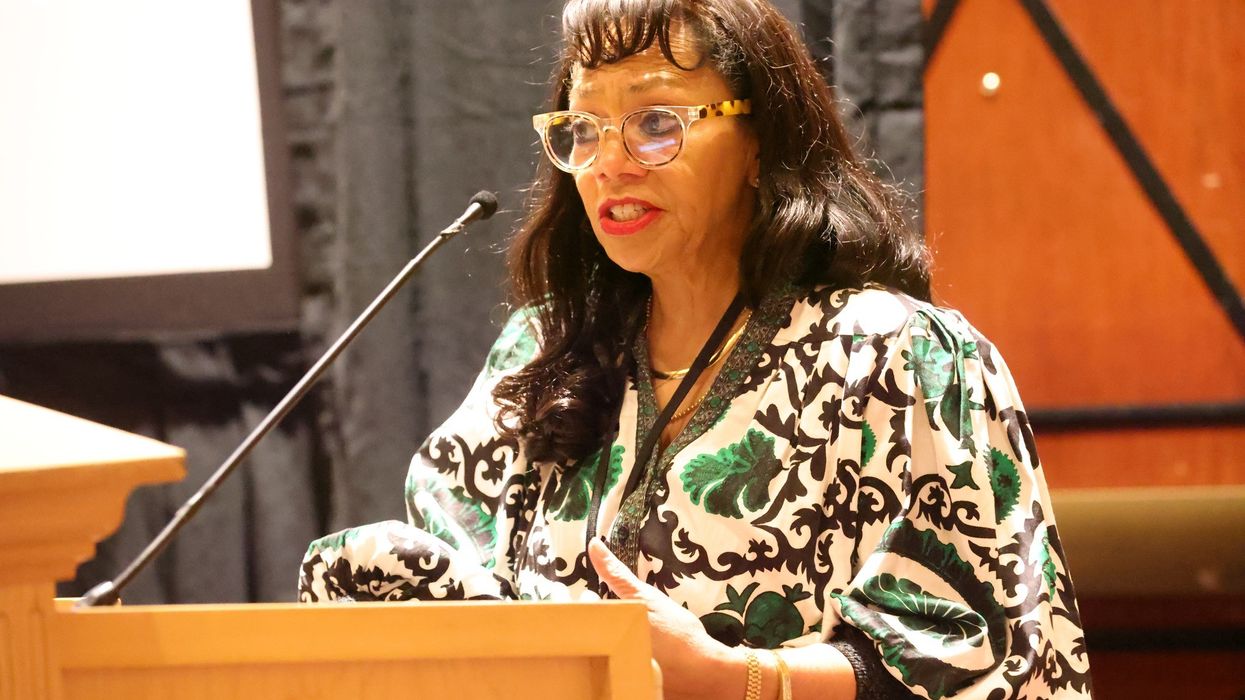



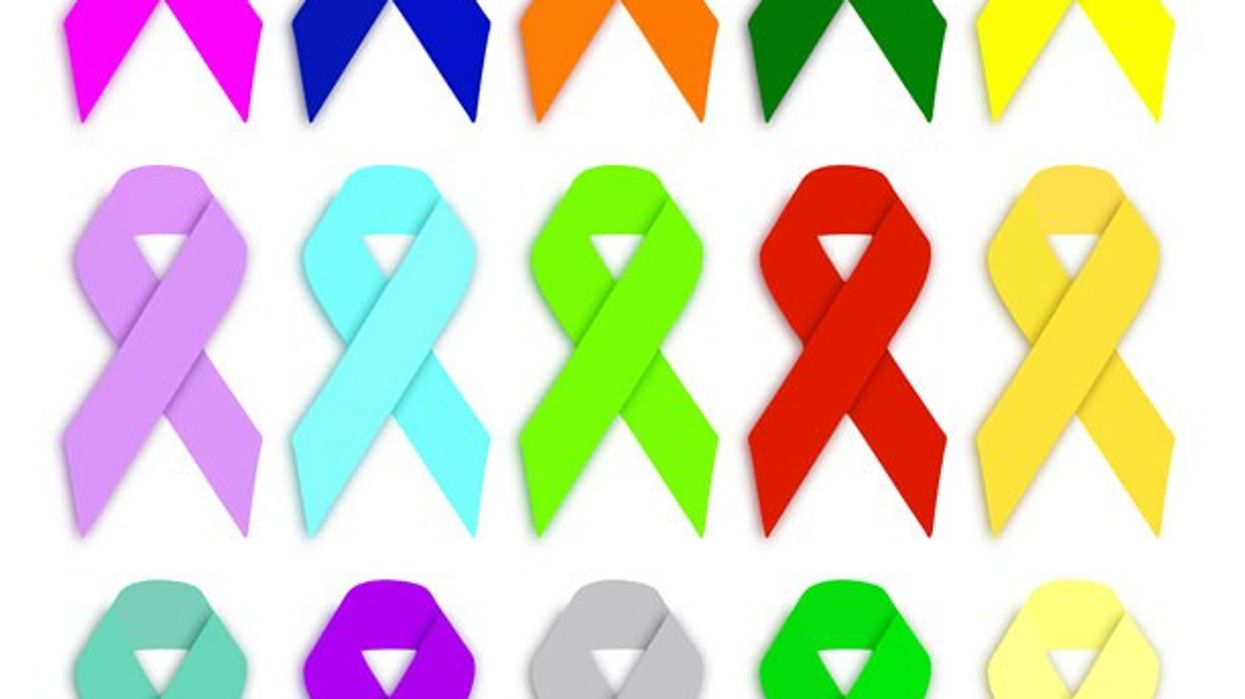

 Dr. Cary S. Kaufman teaches the "Essentials of Oncoplastic Surgery" course through the National Consortium of Breast Centers, providing breast surgeons around the world with advanced techniques for optimal breast surgery outcomes.
Dr. Cary S. Kaufman teaches the "Essentials of Oncoplastic Surgery" course through the National Consortium of Breast Centers, providing breast surgeons around the world with advanced techniques for optimal breast surgery outcomes.